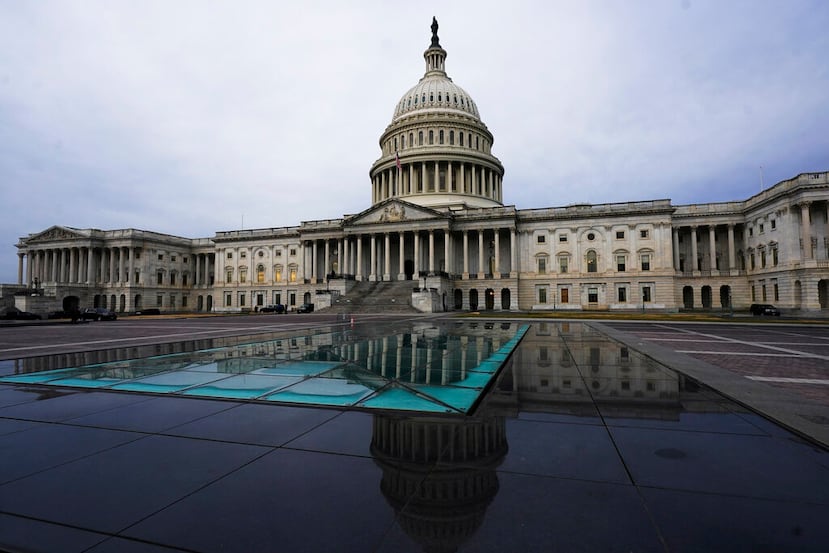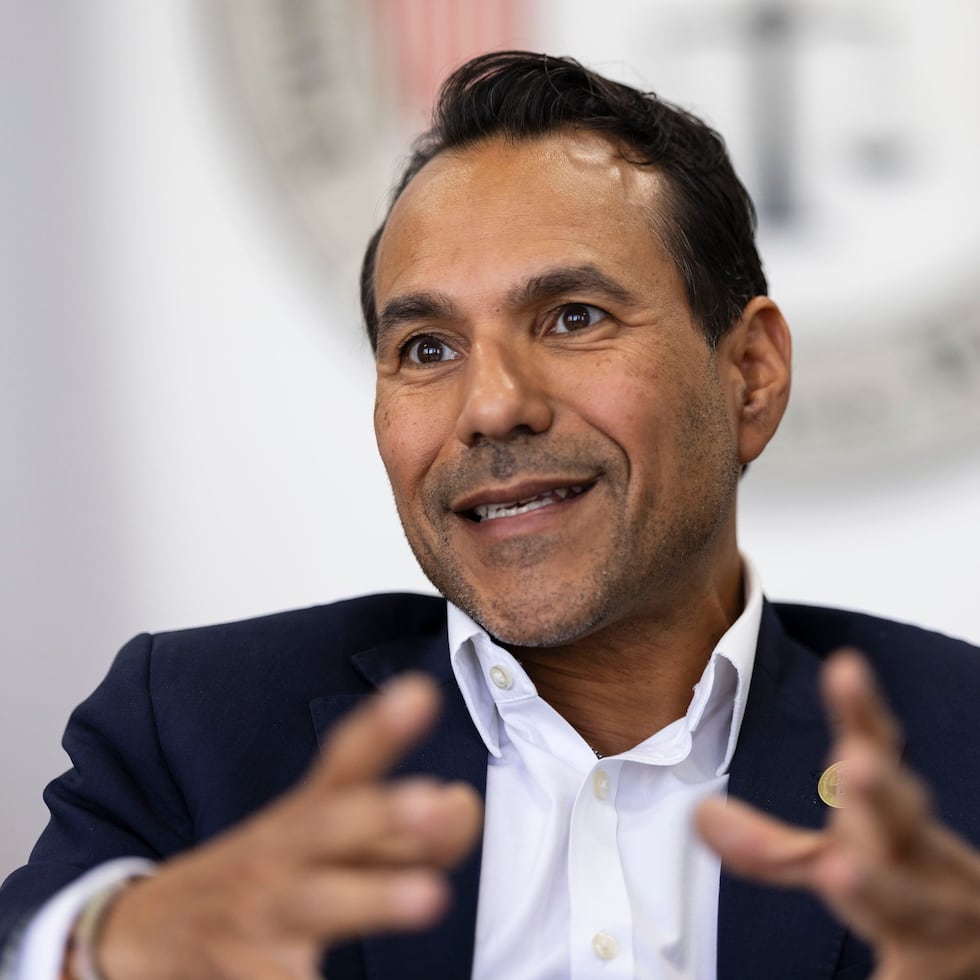
Se adhiere a los criterios de The Trust Project
Experts say mistrust in Puerto Rican government’s handling of fiscal and bankruptcy issues still prevail
Alvin Velázquez and Sergio Marxuach analyze the balance of Wednesday’s session in Congress on the occasion of the ninth anniversary of the Promesa Law and the performance of the Oversight Board
Archivo
Esta historia fue publicada hace más de 4 meses.







%2Fcloudfront-us-east-1.images.arcpublishing.com%2Fgfrmedia%2FU5QUXWC3F5GQDHO52UEGMBRCLU.png?auth=612970aebccaddfde29323853948a775c18b93fdc017e3b6b756c10ce3d9e1f6&quality=75&width=64&height=64&smart=true)
%2Fcloudfront-us-east-1.images.arcpublishing.com%2Fgfrmedia%2FBG2GHDTR7FGE5IKBCZF7E76QIY.png?auth=66b804e6bebd0db39b15c761da085ecf249e8ea06ab88091e74165f94cf56b7f&quality=75&width=64&height=64&smart=true)
%2Fcloudfront-us-east-1.images.arcpublishing.com%2Fgfrmedia%2FXUI2FWFQK5DPXNPT6V276WHNXQ.png?auth=94eac7e8b922e5a79b71e17f170d9ab270d4ba9e200e4d55f2bd5bd126bcc8c6&quality=75&width=64&height=64&smart=true)
%2Fcloudfront-us-east-1.images.arcpublishing.com%2Fgfrmedia%2FSVA5Y6Z5CFCLDHGVHMWTLQ262Q.png?auth=652b25ed8819b7a890ee2eee9498853e3cd613c6e6f080d9bcdce2321db129cd&quality=75&width=64&height=64&smart=true)
%2Fcloudfront-us-east-1.images.arcpublishing.com%2Fgfrmedia%2FXJHYFGMTXZG2XBEPXGC2KF2MFM.png?auth=c252e7a419c55b996209bd06829dcfeca5a3dbd9bc71cc8d8f5fbe6a4aa74f0f&quality=75&width=64&height=64&smart=true)

